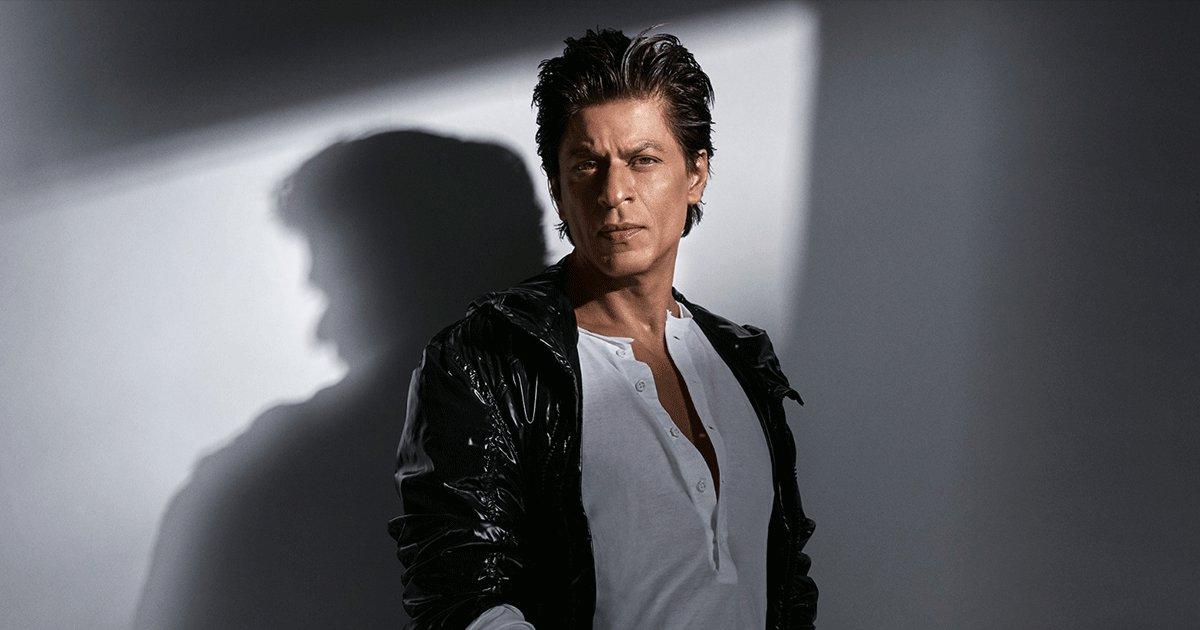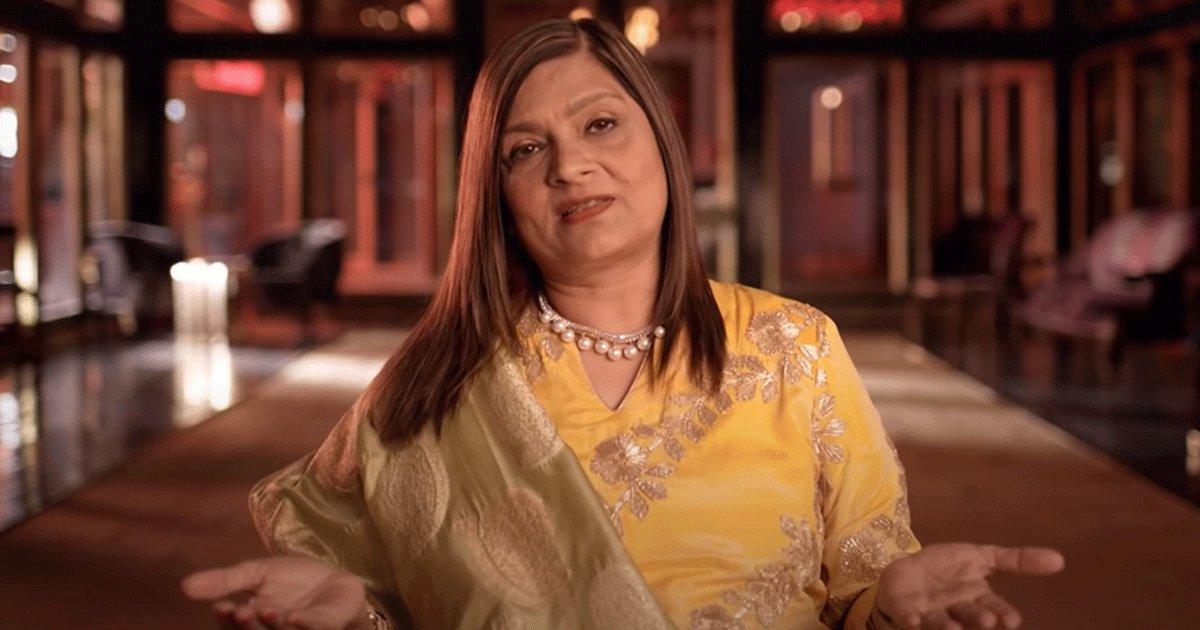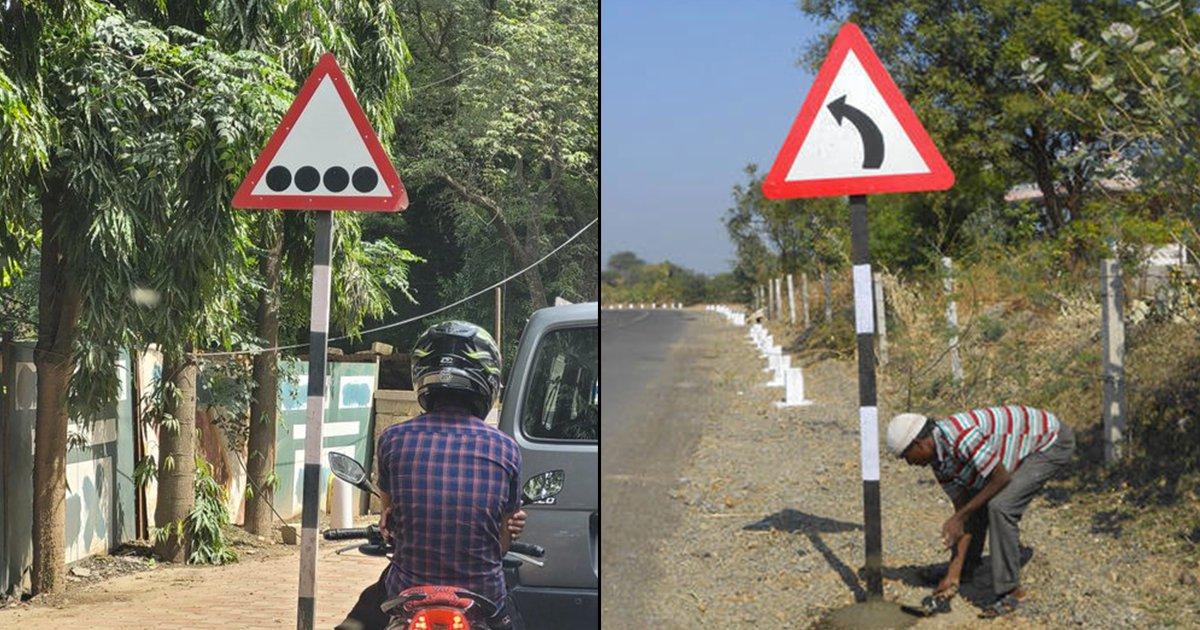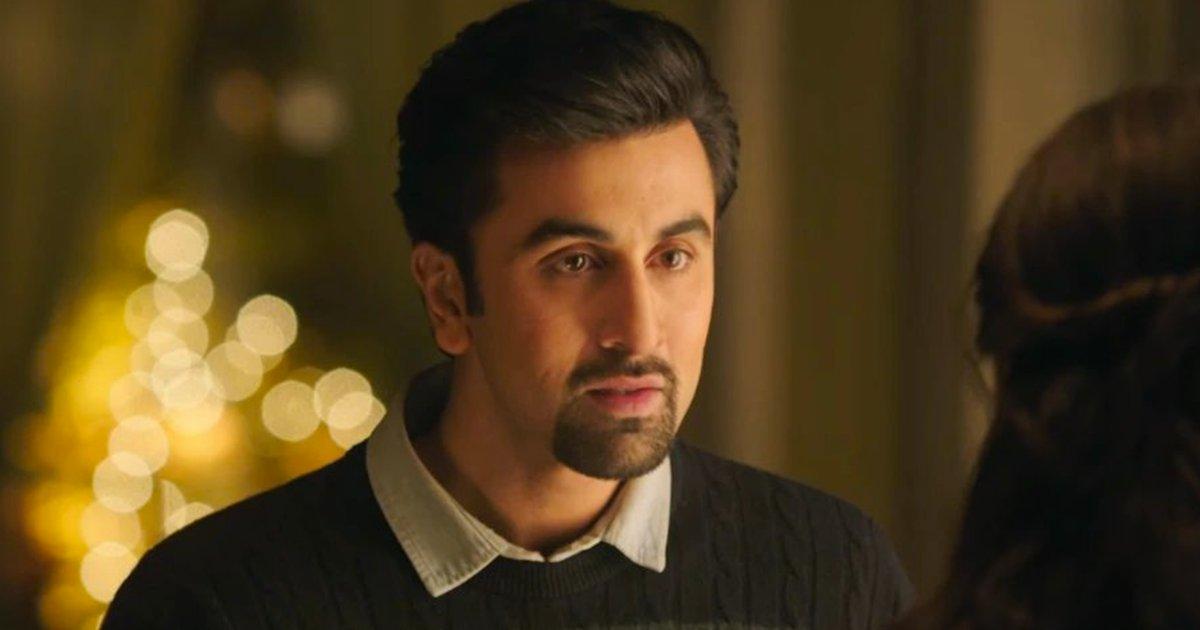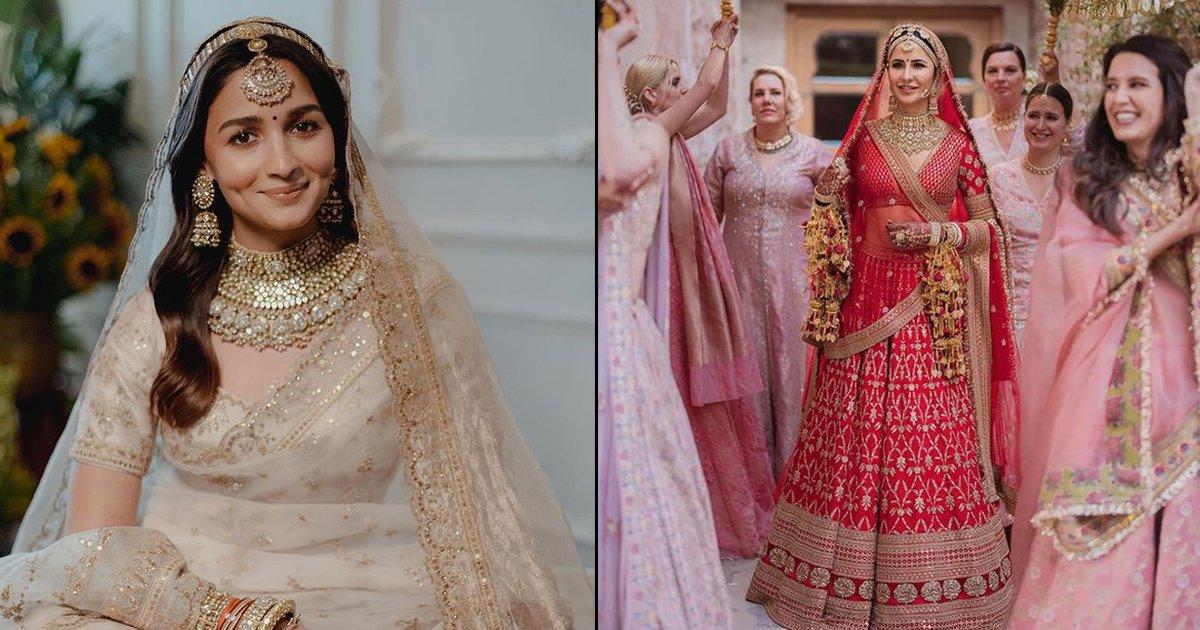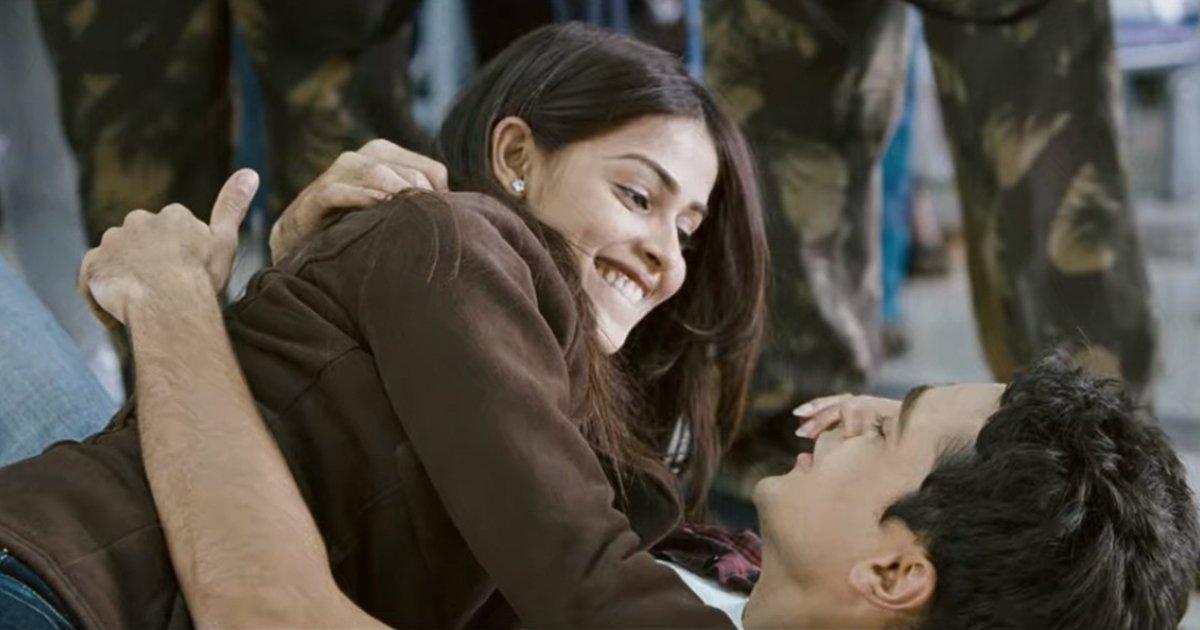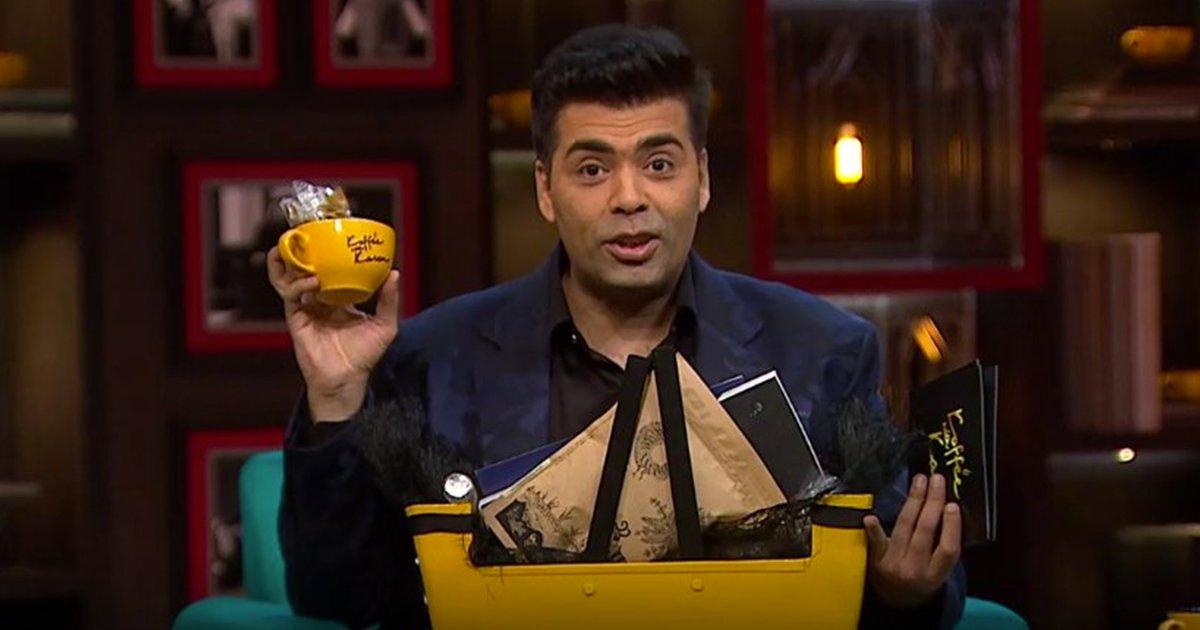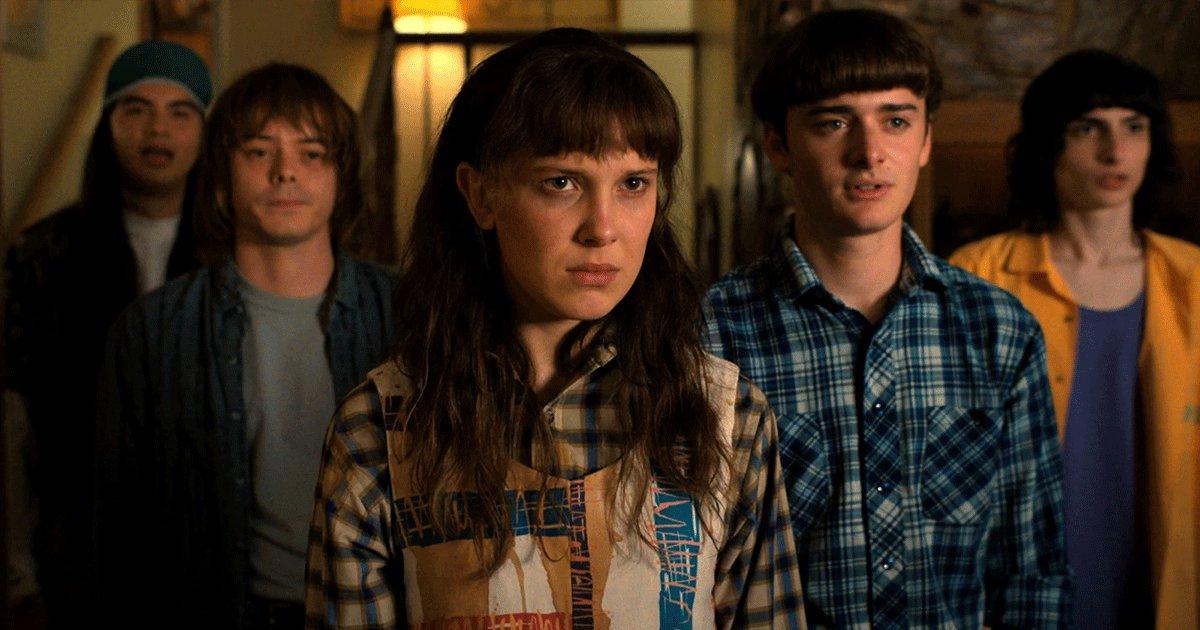Tolerance for same-sex relationships has remained on a perennial low in our country. We call ourselves a democracy, yet we have thousands of issues with respecting something as simple as free choice!
That’s the topic that Deepa Mehta’s movie, Fire, valiantly discusses. It’s been 2 decades since the movie released, but it is every bit relatable even today.
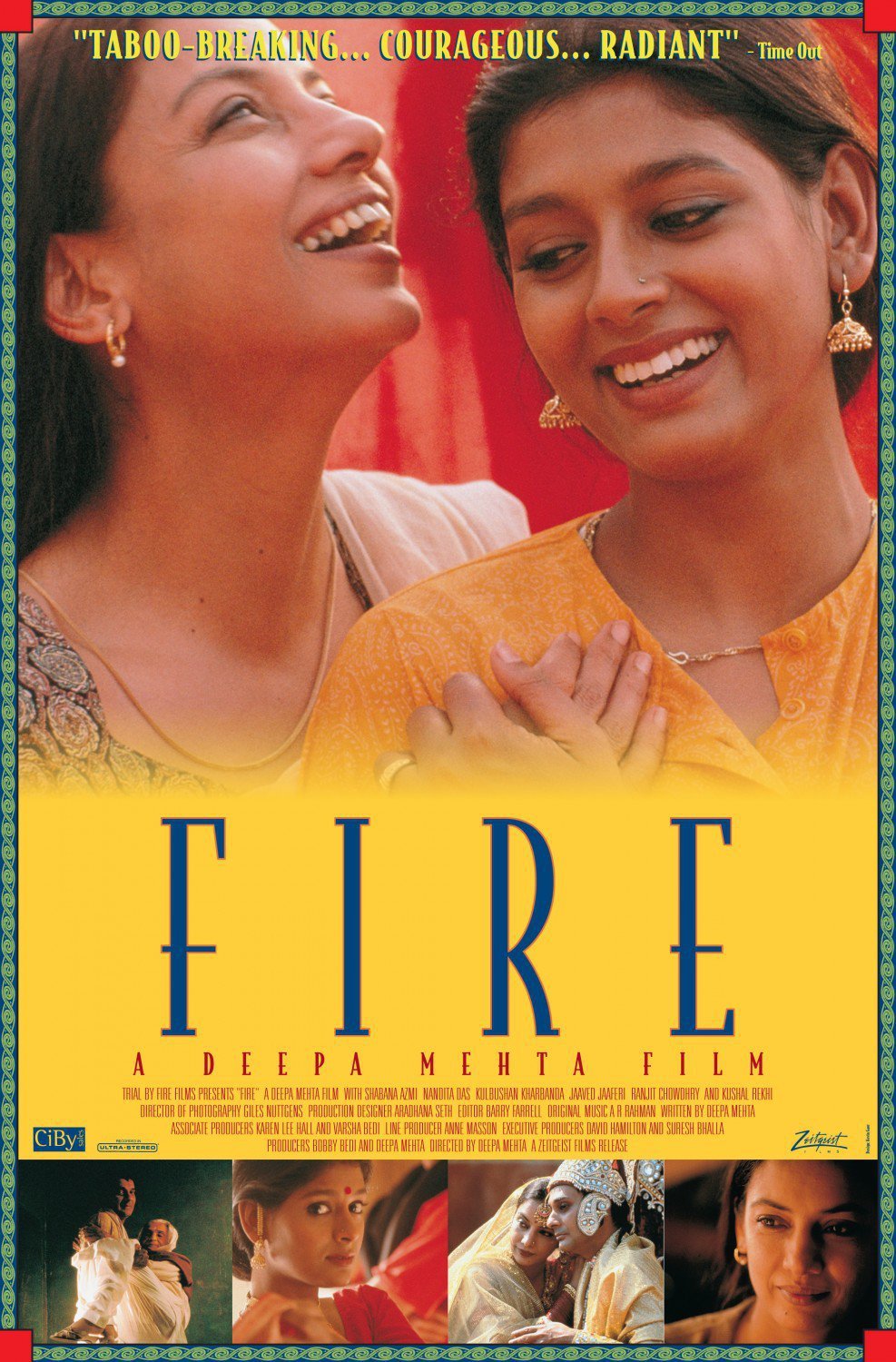
The story revolves around 2 protagonists, Radha and Sita, who realize there’s so much more to life than keeping their husbands and the patriarchal framework of society happy. But that’s not the only reason why Fire is remembered, even 20 years after its release.
Fire was the first film in India to show a lesbian relationship, also the reason for it to face so much backlash.
Long after its release, when the 3 women associated with the movie, Deepa Mehta, Shabana Azmi and Nandita Das, came together to discuss the film at the recently concluded Women In The World conference in New Delhi, we couldn’t have been more excited!
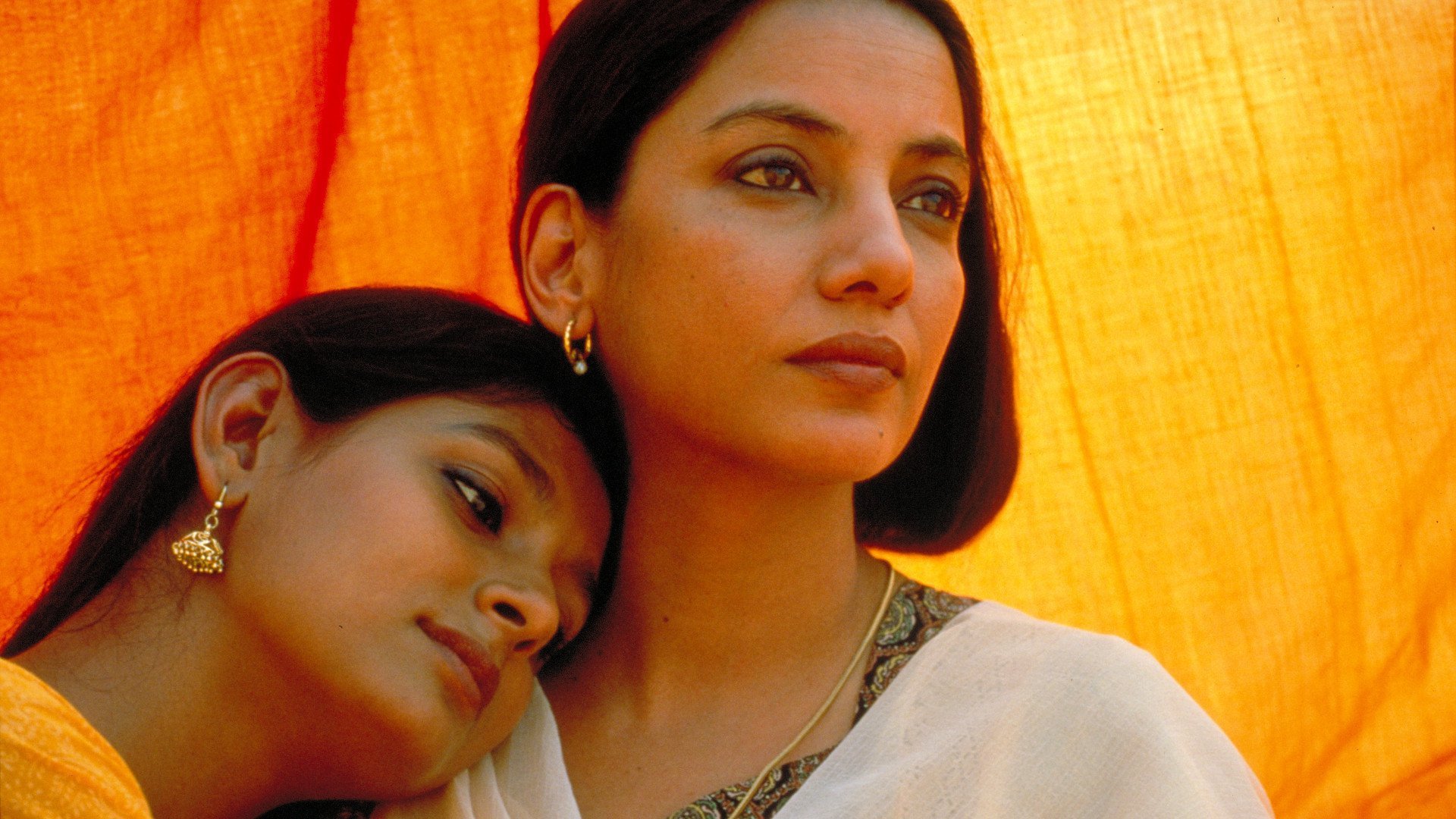
The trio made us revisit the movie and talked about the difficulties they faced when the movie released in 1996.
Talking about difficulties, a video clip was presented showing how Shiv Sena activists tore posters off theatres and proclaimed the film was against ” Bharatiya Sanskriti.” The director recalled how she was told that there are no lesbians in India and that she should be banned for introducing such “western devils” and corrupt the fibre of our cultural nation.
Deepa Sharma talks about how the movie was passed by the censor board without a single cut back in 1996 but banned in later years because of its progressive views. In this video, she talks about India’s reaction to her film. Check it out.
While comparing the rigid policies of the censor board today, the three ladies were asked whether things are worse now. Shabana replied saying, “That’s the understatement of the year!” The trio concluded that if Fire was to release in 2015, it would never see the light of day!
at @Tinabrown ‘s @WomenintheWorld Summit. We relived the journey of making Fire and the one that followed it. pic.twitter.com/JHdsxwwMvp
— Nandita Das (@nanditadas) November 20, 2015 Talking about the film and all the controversies around it, Nandita mentioned that she was happy Fire was her first film. “It was one of the most incredible experiences I’ve ever had. Sita was a lot like me: She was impulsive and a rebel. For me, it was a film about the lack of choices women have, patriarchy, and the relationship that these two women shared,” she said.
“I was aware of the fact that this film will work against me considering all the work we were doing with slum women at that time. Javed being as sensible as he is, said, ‘Do you like the script?’ and I said yes. He asked, ‘Will you be able to stand by it because there will be controversy around it’ and I said yes,” said Shabana, while talking about the movie.
“I was prepared for people to react in all kinds of ways to it, because we understand how diverse the country is. It’s not all modern. And we knew not everybody would react in the same manner. Some would be moved, some would be angered, some would be frightened, but at least the process of questioning would start, and for an actor that’s the maximum your creation can achieve,” she added.
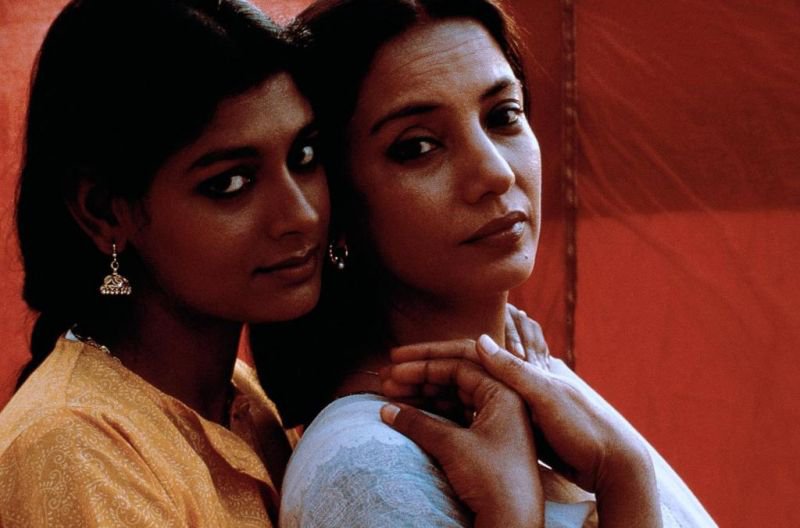
Source: Bollywhatboard
“Back in the day, even journalists from leading English dailies couldn’t use the term lesbian. ‘This kind of relationship’ they would call it, and were all visibly awkward. There’s a dialogue in the film where I say that there is no Indian word to describe how we feel for each other. Fire started this conversation, mainstreamed it to the extent that we’re still discussing it today because it’s still as relevant,” said Nandita.
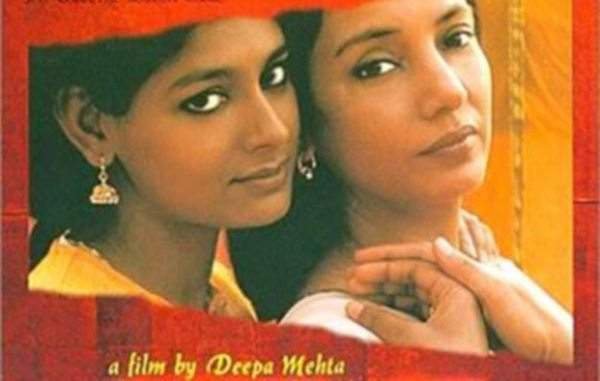
The British Film Institute included Fire in a list of top 10 feminist films ever, mentioned Deepa. Keeping in mind the current frame that the society finds itself in, one couldn’t ignore the discussion around growing creative intolerance. The structure of society has become so rigid that even free creative expression has become a problem.
Toward the end, Nandita said something that reflected on all that we have been saying about Indian films and Bollywood. “In Bollywood, everyone feels the need to be safe, and they stay away from subjects that are sort of political in nature, because they don’t want to jeopardize their career or whatever. Everyone avoids taking a stand. In the film industry, I’m called an activist and the activists think of me as an actor,” she said.
Source: YouTube



















